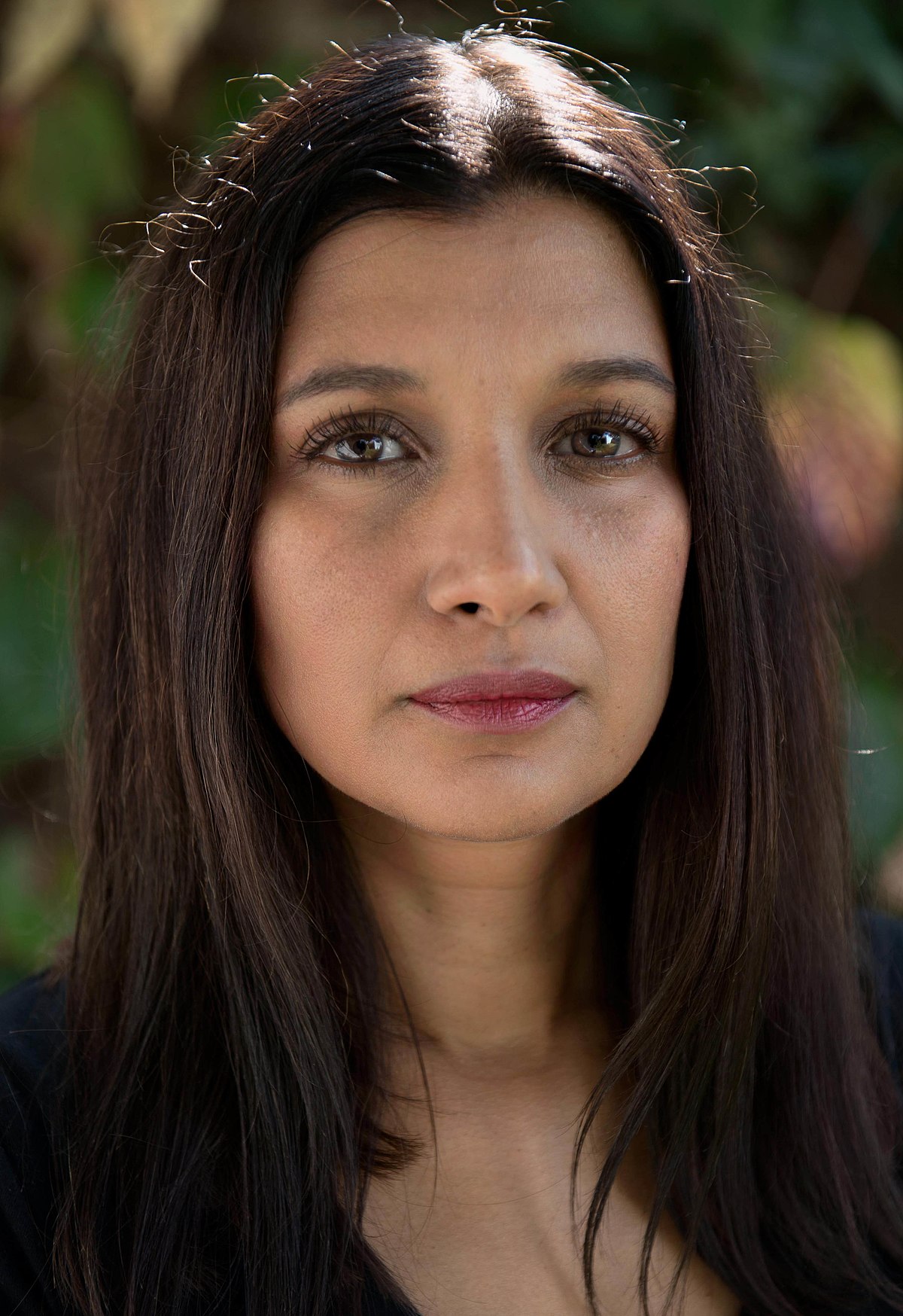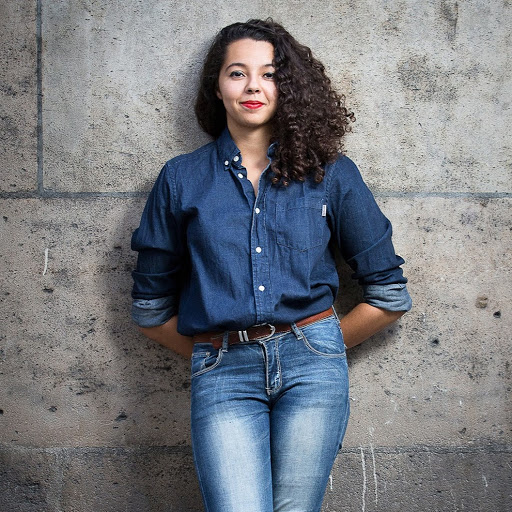
Global Africas:
Gender, Representation,
and the Maghreb
November 11 & 12, 2021
Keynotes

Houda Abouz, known by her stage name Khtek, was named one of the BBC’s 100 inspiring and influential women of 2020 for her quick rise to popularity since 2018 in the primarily male-dominated Moroccan rap scene. Rapping in a Moroccan Arabic dialect laced with phrases in French and English, Khtek presents social critiques by speaking to the reality of being a young woman in a patriarchal society while highlighting the generative and transformative potential of rap and hip-hop. This is evident even in her choice of stage name, which means “your sister” and can be used as an insult. In selecting Khtek as her moniker, this rapper aims to change its meaning just as she seeks gender equality through representation.

Raja Amari is a Tunisian filmmaker whose work often focuses on female protagonists. Amari, who trained as a dancer and earned a degree in French literature from the University of Tunis, completed her studies in script writing at La Fémis (École Nationale Supérieure des Métiers de l'Image et du Son) in Paris in 1998. Since then, she has made many short and feature-length films including several documentaries. Two of her more recent films, Printemps tunisien (Tunisian Spring, 2014) and She Had a Dream (2020), center on individuals during key political moments in Tunisia and at the same time attest to Tunisia’s global interconnectedness and the international dimension of Tunisia’s social and political movements.

Merieme Mesfioui, originally from Morocco and based in France, is an illustrator, graphic designer, and comic author who combines traditional Moroccan patterns and Islamic art elements with graphic design to express female empowerment and in support of the LGBTQIA+ community’s rights, especially in North Africa and the Middle East. Mesfioui’s body of work—in French, Arabic, and English—is unmistakably international in its scope and highly intimate in its articulation. Mesfioui is also the co-founder of SPIN OFF, the “Off Angoulême” festival in France for underground comics and zines that has been taking place in parallel with the official Angoulême International Comics Festival since 2017.

Leïla Slimani, originally from Morocco and based in France, is the 2016 recipient of the prestigious Goncourt Prize for her second novel Chason douce and, since the fall of 2017, serves as President Macron’s Francophone Affairs Minister and the French representative on the Permanent Council of the International Organization of La Francophonie. Following the international success of Chanson douce, which has been translated into over two dozen different languages, Slimani published Sexe et mensonges: La Vie sexuelle au Maroc, a work of non-fiction based on interviews with women, journalists, and sociologists about the extreme hypocrisy around sexuality in Moroccan society. Slimani worked with artist Laetitia Coryn to adapt Sexe et mensonges into a graphic novel published by Les Arènes as Paroles d’honneur. She has also created another graphic novel for Les Arènes about Suzanne Noël, the first female plastic surgeon, entitled A mains nues with artist Clément Oubrerie (co-creator with Marguerite Abouet of Aya de Yopougon).

